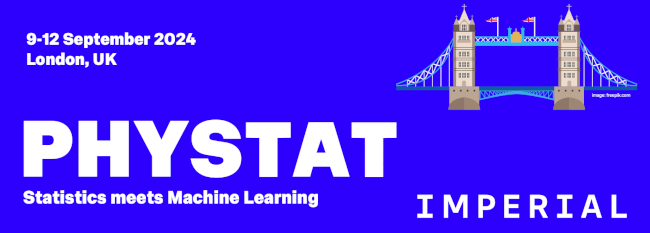Speaker
Description
Signal-agnostic data exploration could unveil very subtle statistical deviations of collider data from the expected Standard Model of particle physics. However, the extreme size, rate and complexity of the datasets generated at the Large Hadron Collider (LHC) pose unique challenges for data analysis. Making assumptions about what is relevant becomes unavoidable to scale the information down to a human readable level.
Machine learning can be exploited at multiple stages in the experimental pipeline to reduce these assumptions, trading assumed knowledge for a richer basis of acquired experimental evidence. In this talk I will discuss the main challenges behind the design of efficient, robust and at the same time interpretable statistical tests for anomaly detection at the LHC, such as model selection, uncertainty quantification and scalability. I will present recent solutions and future prospects based on existing literature, and examples from my own research on the Neyman-Pearson strategy for signal-agnostic likelihood-ratio-test.
